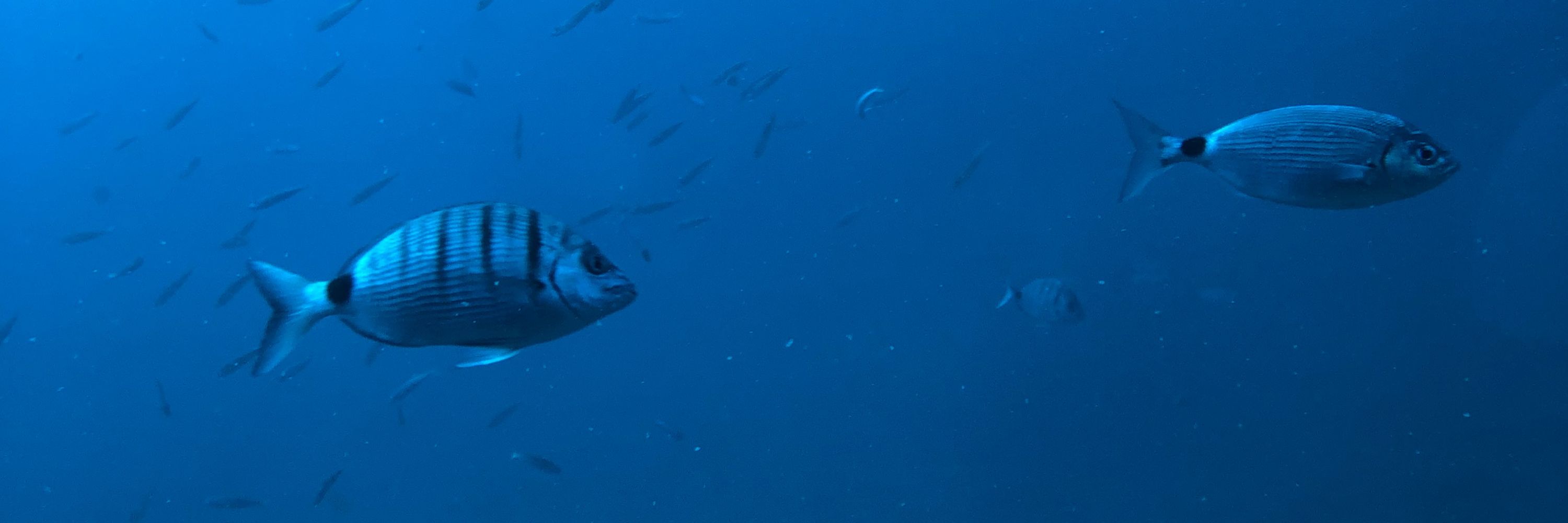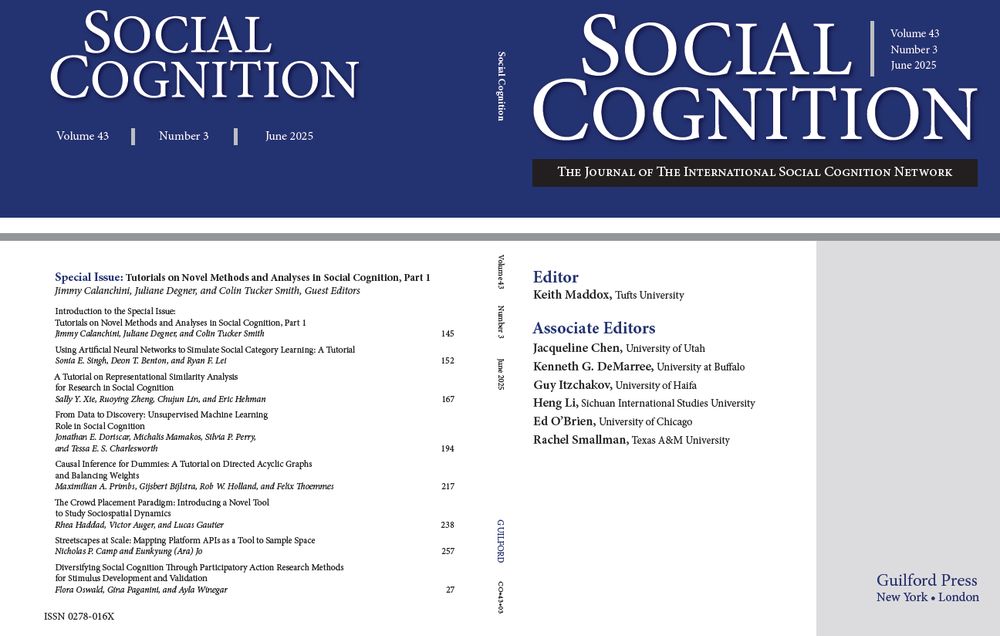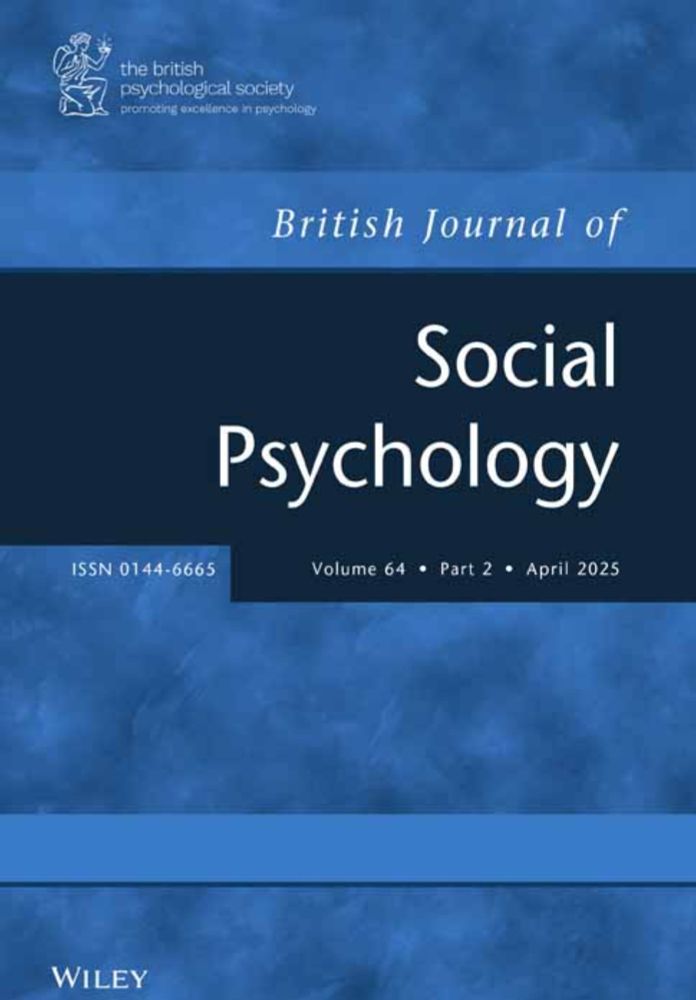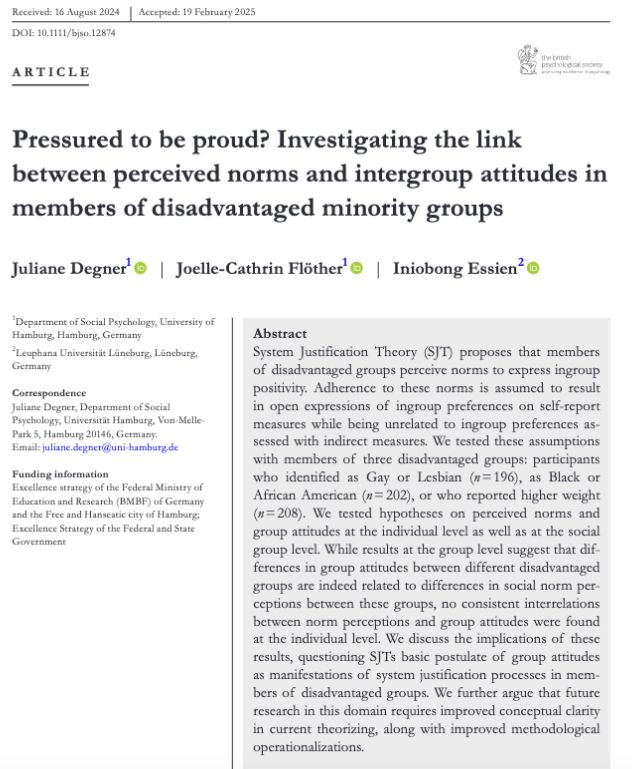
Social Psychologist • Researcher • Head of Social Cognition Group at Universität Hamburg • researches person perception, group attitudes, and social identity
Treating “mixed-race” as one category may overlook meaningful differences in lived experience.
https://psycnet.apa.org/doi/10.1037/cdp0000792
Reposted by Andrew Livingstone

https://psycnet.apa.org/doi/10.1037/cdp0000792
Really appreciate the shoutout!"
This is just the start— keep an eye out for more standout contributions from her in the future.
(5/5)
Classic models of social identification don’t fully capture the experiences of stigmatized groups: Identification isn’t tied to positive group evaluation — people can strongly identify even with negatively viewed groups.
Time for more inclusive, context-sensitive theorizing (!)
(4/5)
Both group-level factors (e.g., socioeconomic position, group entitativity) and individual belief systems (e.g., perceived permeability, legitimacy) shape social identification.
Social identity is both 𝘱𝘦𝘳𝘴𝘰𝘯𝘢𝘭 and 𝘤𝘰𝘯𝘵𝘦𝘹𝘵𝘶𝘢𝘭.
(3/5)
Across 18 groups in the U.S., we found that the widely used multicomponent ingroup identification model doesn’t fit these groups particularly well — identity structures vary substantially.
(2/5)

𝗧𝗲𝘀𝘁𝗶𝗻𝗴 𝘁𝗵𝗲 𝗺𝘂𝗹𝘁𝗶𝗰𝗼𝗺𝗽𝗼𝗻𝗲𝗻𝘁 𝗶𝗻𝗴𝗿𝗼𝘂𝗽 𝗶𝗱𝗲𝗻𝘁𝗶𝗳𝗶𝗰𝗮𝘁𝗶𝗼𝗻 𝗺𝗼𝗱𝗲𝗹 𝗶𝗻 𝗱𝗶𝘃𝗲𝗿𝘀𝗲 𝘀𝘁𝗶𝗴𝗺𝗮𝘁𝗶𝘇𝗲𝗱 𝗴𝗿𝗼𝘂𝗽𝘀
Open Accces: doi.org/10.1080/1529...
(1/5)
Reposted by Mark J. Brandt, Yarrow Dunham

🔗 https://doi.org/10.1016/j.jecp.2025.106401
Reposted by Jennifer A. Richeson, Mark J. Brandt, Juliane Degner

The introduction is linked here: doi.org/10.1521/soco....
It’s not comprehensive—but hopefully a step toward deeper conversations about how to move the field forward.
Part critique, part love letter, the piece revisits a few selected issues in STI research—not everything, but some things that might be worth a closer look.


co-authored with my wonderful colleagues Joelle Flöther (not on bluesky) and Iniobong Essien @iniobong.bsky.social ! 🎉
This paper is an incredible accomplishment for an early career-researcher!
Check it out!
onlinelibrary.wiley.com/doi/10.1002/...
With its solid theoretical foundation, the paper allows to derive research questions and hypotheses that will guide future research for years to come.
Added plus: The paper also provides THE most comprehensive literature review of existing research on Mixed identities.
The paper delves into the complexities of the social identification processes for Mixed individuals, examining how individual and contextual factors may shape their self-categorization and social identification.
Reposted by Colin Tucker Smith

Excited to celebrate Anna Huang‘s first first-authored paper just published in EJSP. 🥳
In this theoretical article, Anna explores how Social Identity Theory (SIT) and Self-Categorization Theory (SCT) apply to individuals with Mixed racial-ethnic identities.
The paper delves into the complexities of the social identification processes for Mixed individuals, examining how individual and contextual factors may shape their self-categorization and social identification.
Both papers are the FIRST first-author papers of our talented PhD students, @mangelsjana.bsky.social and @cw-sander.bsky.social
Happy to see that their research is making waves! 🌊
original paper here: twtr.to/GLYLI
@mangelsjana.bsky.social

